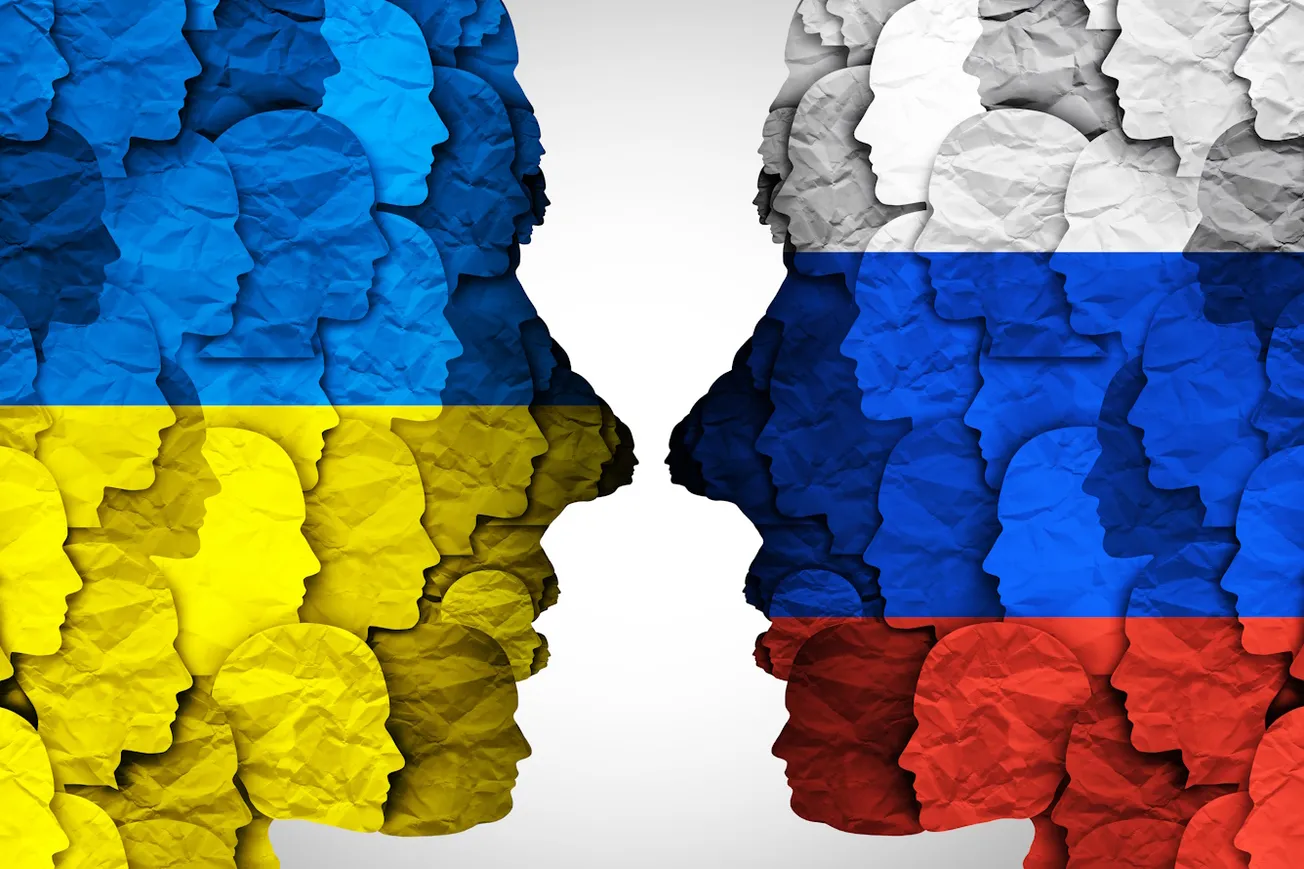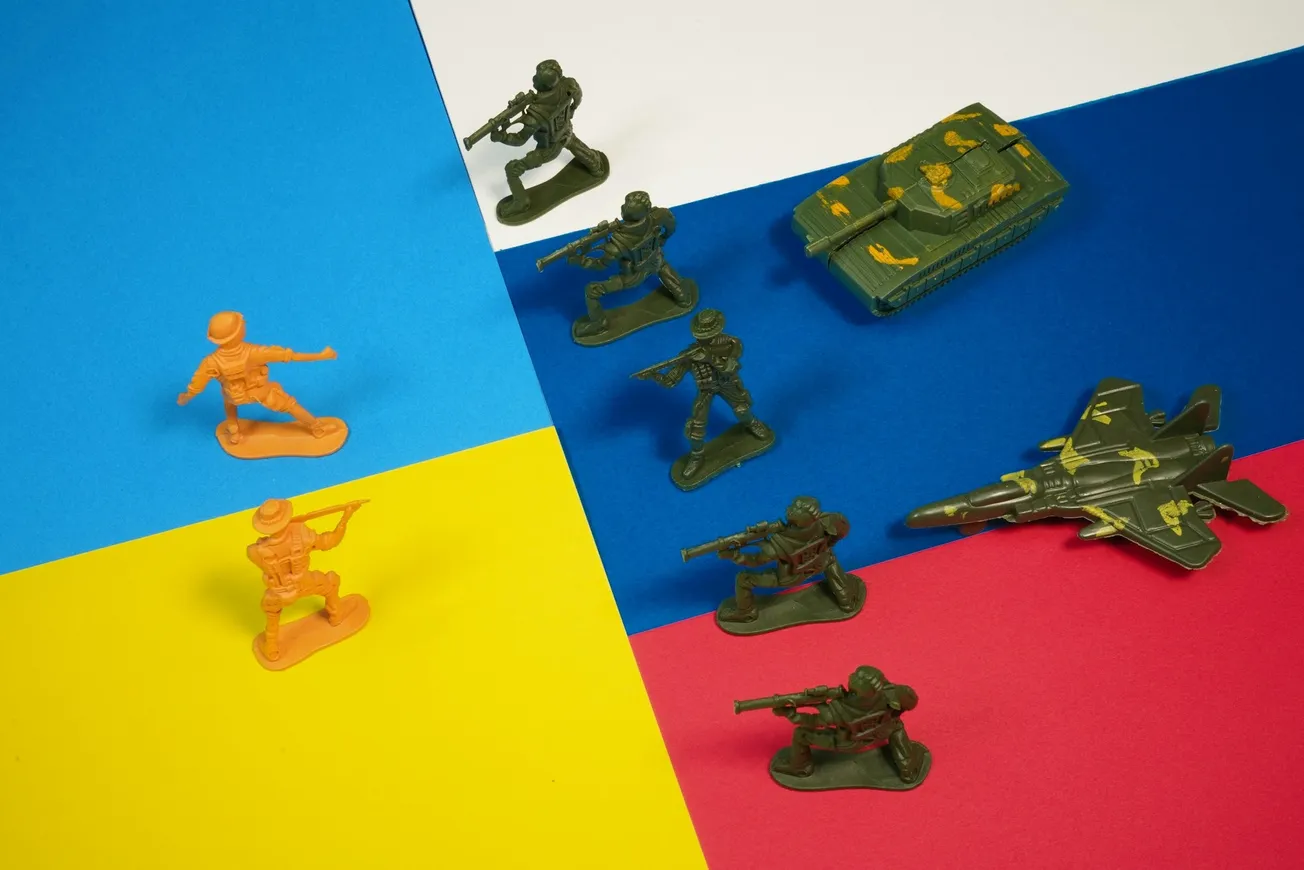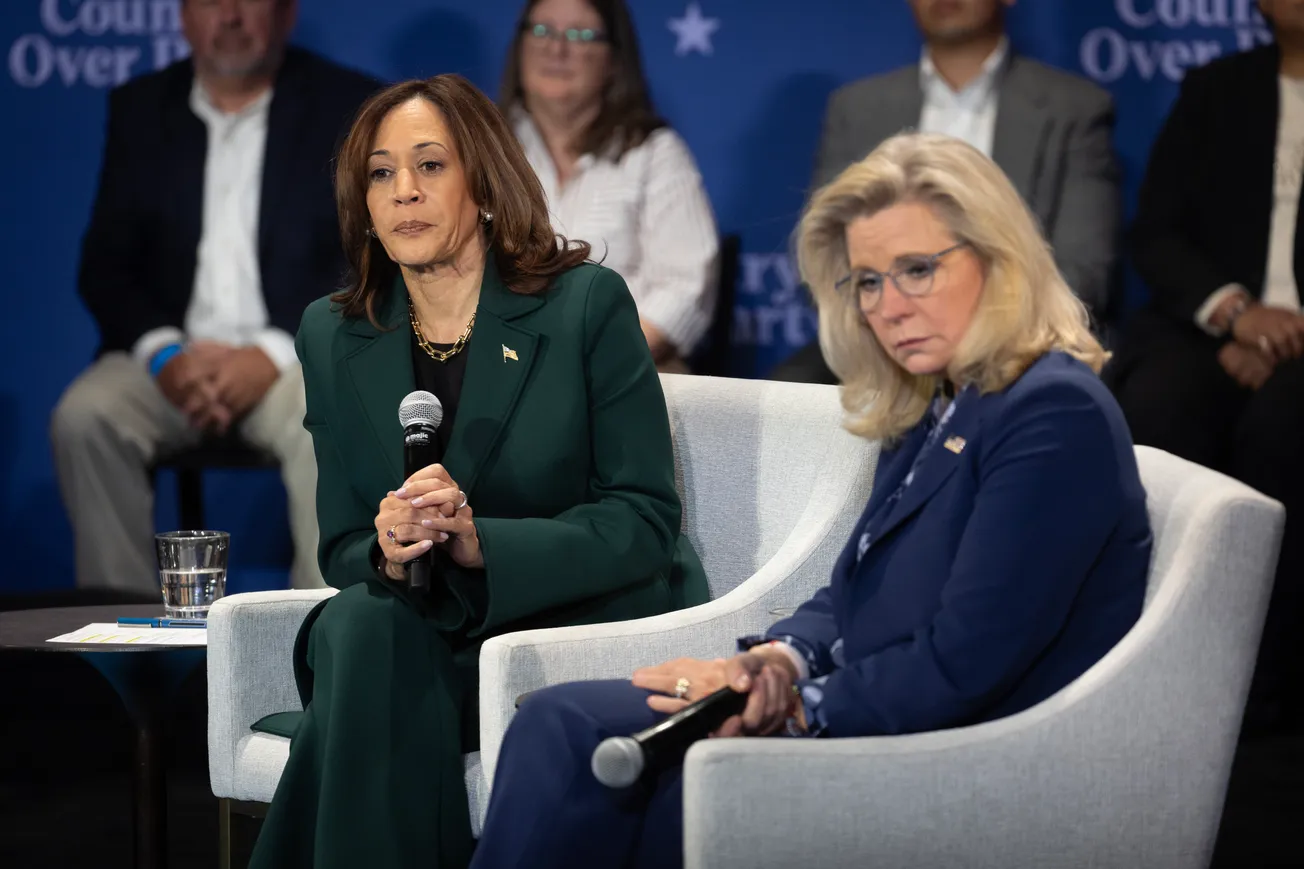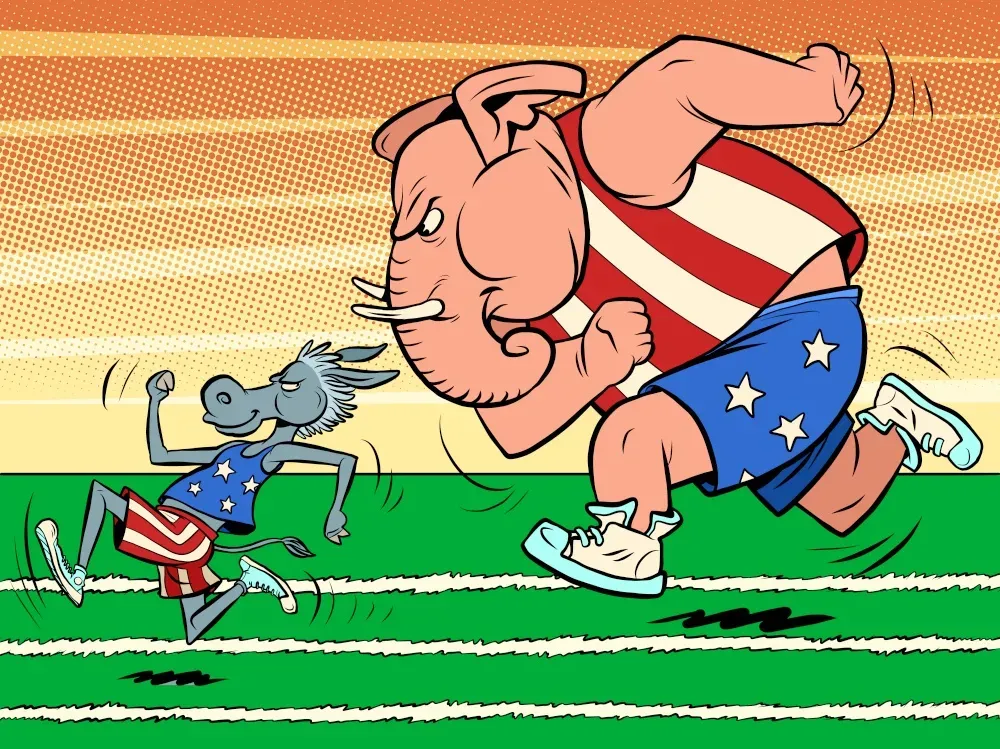- European public opinion on the continuation of the war in Ukraine is divided
- Sixty percent of Ukrainians express support for the war
- A remarkable 95% of Ukrainians have trust in their armed forces
- Thirty-one percent of Ukrainians favor negotiations for peace
- A significant 91% believe that victory involves reclaiming all lost territory, including Crimea
As a news organization built on public polling and data analysis, we are keen to understand voter sentiment about significant questions that drive citizen debate. We wish we could have conducted a TIPP poll in Ukraine, but given the current circumstances, we are forced to rely on other polls.
While we cannot make professional judgments about other polling organizations, we appreciate the EU Parliament's efforts in measuring public opinion through its Eurobarometer surveys. Their mission statement is clear and one with which we agree: "Monitoring public opinion, both at the EU level and in the Member States, is of major importance to understand the views of citizens on Russia’s invasion of Ukraine and of its consequences."
So what does their latest October 27 survey say? There is so much data to unpack because the respondents are from all over Europe, and we only get to see top-line numbers, but two outcomes are clear.
First, Europeans have mixed feelings about continuing the war (in some countries, the support is strong; in others, it is weakening) and are concerned about its economic impact on their lives.
Second, in Ukraine, only 60% of respondents want to continue to fight the war.
The views of both groups - all of Europe without Ukraine, and Ukraine - are crucial to understanding the public pulse.
Europe's financial, military, physical and material support in accepting over 6 million Ukrainian refugees and willingness to tolerate economic pain have been vital to Ukraine's military response. But the views of the Ukrainians are more critical given that it is Ukraine that is under primary assault, and Ukrainians that are undergoing the brunt of the war's impact.
If only 60% of Ukrainians want to continue to fight, that presents a severe problem for Western policymakers. As Americans saw during the Vietnam War, public support is vital when a country is in a military conflict. To be sure, Ukrainians overwhelmingly support their armed forces, with 95% expressing unwavering confidence in their military, consistent with the previous year. Ukraine's military also enjoys the highest trust among Ukrainians, at 93%, a remarkably high number given that many other Ukrainian public institutions continue to suffer from charges of corruption.
It is this split - between Ukrainian support for the war (relatively low, at 60%) and support for the armed forces (extraordinarily high, at 95%) - that is a warning signal to Western capitals because it indicates that many Ukrainians no longer support the policy of continued fighting. In fact, 31% prefer negotiating for an immediate end to the war. While this number is still small, it is ominous - these people want the fighting to stop.
Ukrainian President Zelenskyy and Western leaders have themselves to blame for the current conundrum. The propaganda machine has been working overtime to garner global public support. News stories in Western media outlets about Ukrainian losses are suppressed, and stories about Russian failures are exaggerated.
For months leading to June, the famed Ukrainian counteroffensive was hyped as a surefire approach to help Ukraine overcome Russian military defenses all the way to the Sea of Azov. As the war has ground to a stalemate with winter approaching and the mud of the vast steppes freezing, the counteroffensive, militarily, has been a dud. Across the 1,000-mile fighting front, Ukraine has reclaimed no more than a few hundred square miles, neutralized by Russian gains in the northeast.
Also, as recently as early summer, Zelenskyy was traveling the globe talking about a "victory" that would send back the Russians and reclaim every square inch of Ukrainian territory, going back to the Crimean invasion in 2014. Most Western military analysts, even those aggressively pro-Ukraine, saw that this talk of victory was unlikely. Russia would never concede the territory that it has already usurped and would go to any extent, even including the use of tactical nuclear weapons, to protect that turf. That would be a red line that the world does not want to see crossed.
In the survey, 91% of all Ukrainian respondents, including those who do not want the fight to continue, believe victory means regaining all lost territory, including Crimea. The golden rule of politics is to underpromise and overdeliver, not vice versa. All the propaganda has now created an even more significant policy headache for the West: the ability to meet expectations. If the public sees that promised goals are not achieved, support will quickly drop.
The Biden administration is unequivocally responsibile for the mess we are in. America's justification for supporting Ukraine has changed every few months - from helping Ukraine defend its sovereign territory to assisting Ukraine to fight Russia to protect global democracy to aiding Ukraine to help preserve the international world order. America's goal to support the "as long as it takes" conflict has since changed. It is now to rebuild America's industrial capabilities, weaken Russia's military, prevent Russia's potential moves to acquire another European territory, and strike a blow at the Russia-China alliance.
No matter what America's justification has been, each was rooted in a central assumption: that Ukrainians want to fight to liberate their country. If only 60% of Ukrainians feel this way, that central premise is shaky. Speaker Mike Johnson, please note.
Note: We dug around some and found that Gallup probably conducted the Eurobarometer survey. Gallup's interpretation, using the same 60% number, is that Ukrainians are "standing behind the war effort despite some fatigue." We stand by our analysis and conclusion.
We could use your help. Support our independent journalism with your paid subscription to keep our mission going.









